Overview
Aricept, the trade name for donepezil hydrochloride, belongs to a class of medications known as acetylcholinesterase inhibitors. It functions by impeding the breakdown of acetylcholine, a neurotransmitter important for memory and learning. This medication is primarily utilized in the management of cognitive symptoms associated with Alzheimer’s disease.
Indications
Aricept is indicated for the treatment of dementia of the Alzheimer’s type, exhibiting efficacy in a range of severities from mild to moderate to severe Alzheimer’s Disease. It is designed to improve cognition and behavior in individuals with Alzheimer’s, potentially easing the burden on caregivers and improving quality of life for patients.
Dosage
The common starting dose of Aricept is 5 mg, administered once daily in the evening prior to retiring. Depending on individual patient tolerability, this dose may be increased after 4-6 weeks to Aricept 10 mg, the maintenance dose for many patients. In severe cases, a higher dose of 23 mg once daily may be considered after the patient has been on a 10 mg dose for at least three months.
Contraindications
Aricept is contraindicated in patients with a known hypersensitivity to donepezil hydrochloride or to piperidine derivatives. Caution is advised in patients with a history of asthma, obstructive pulmonary disease, or cardiac conduction abnormalities due to the cholinomimetic effects of the drug.
Warnings
Aricept has been known to cause bradycardia and syncope. It must be prescribed with extreme caution to patients with heart conditions such as sick sinus syndrome or other supraventricular cardiac conduction disturbances. The drug may also exacerbate or induce peptic ulcers and GI bleeding, particularly in individuals with a history of ulcer disease or those taking NSAIDs concurrently. Additionally, convulsions have been reported with its use; therefore, patients should be closely monitored during treatment. Cholinomimetics may cause bladder outflow obstruction, and Aricept should be administered with care in patients at risk of developing urinary obstruction.
Adverse Reactions
Patients treated with Aricept may experience various side effects including, but not limited to, nausea, diarrhea, insomnia, muscle cramps, fatigue, and anorexia. These are not exhaustive and the medication may have other side effects. In clinical studies, the most common adverse events leading to discontinuation were nausea, diarrhea, and vomiting.
Drug Interactions
Aricept has the potential to interact with drugs such as anticholinergics, succinylcholine, other cholinomimetic agents, and beta-blockers. It may also have an additive effect when used concomitantly with other medications that have the capacity to cause bradycardia or induce acetylcholine effects.
Specific Populations
Care should be taken when administering Aricept to pregnant or nursing women, as the potential risks have not been firmly established. The use in pediatric populations has also not been well-studied and thus is not recommended. In elderly patients, dosing should be initiated cautiously, usually at the lower end of the dosing range, reflecting the greater frequency of decreased hepatic, renal, or cardiac function, and of concomitant disease or other drug therapy in this age group.
Overdosage
In the event of an overdose, symptomatic treatment is recommended, which may include close medical supervision and possibly hospitalization. As a cholinomimetic, Aricept overdose may manifest as severe nausea, vomiting, salivation, sweating, bradycardia, hypotension, respiratory depression, collapse, and convulsions. An overdose may necessitate the need for general supportive measures together with anticholinergic medication if indicated.
Pharmacology
The efficacy of Aricept as a treatment for Alzheimer’s is believed to result from its inhibitive action on acetylcholinesterase in the brain, leading to increased acetylcholine levels. It has a high specificity for acetylcholinesterase versus butyrylcholinesterase, which is thought to be associated with the cognitive improvements witnessed in Alzheimer’s patients.
Clinical Studies
Aricept has gone through rigorous testing in clinical settings. Clinical trials involving thousands of patients have shown improved cognitive function in those taking Aricept compared to placebo. These studies have also observed better outcomes in general activity of daily living and overall behavior.
Supply/Storage
Aricept comes in tablet form and orally disintegrating tablet (ODT) form and should be stored at room temperature away from light and moisture. The ODT should not be handled with wet hands and should be used immediately after opening the package.
Counseling Information
Patients taking Aricept should be counseled on the necessity of adhering to their prescribed regimen and on the potential side effects. They should also be informed that the drug is intended to control symptoms, but does not cure Alzheimer’s disease and the long-term efficacy of the treatment is still under observation. Driving and operating heavy machinery should be undertaken with caution, as the medication can induce fatigue and dizziness.
Medication Guide
A comprehensive medication guide should be provided with Aricept, detailing the appropriate use, potential risks, and side effects. Patients and caregivers should be made aware of all the information to ensure proper handling of the condition and monitoring for any untoward effects. It should be emphasized that the guide is not a substitute for professional medical advice and regular consultations with a healthcare provider are crucial.
FDA Approval
The U.S. Food and Drug Administration (FDA) has approved Aricept based on the evidence from clinical trials demonstrating its benefits for patients with Alzheimer’s disease. This medication received its initial approval in 1996 for the treatment of mild to moderate Alzheimer’s and later, in 2006, approval for severe stages of the disease. It is one of the main pharmacological agents used in the management of Alzheimer’s-related symptoms.
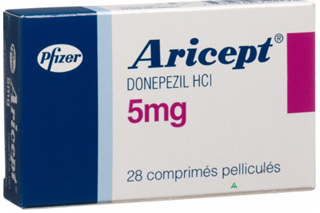

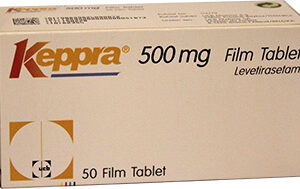
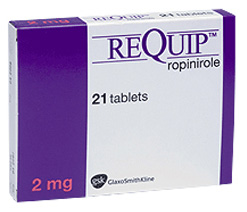
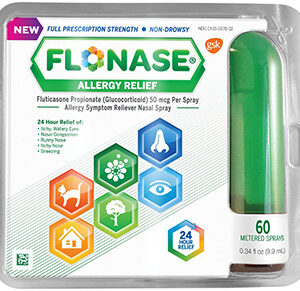
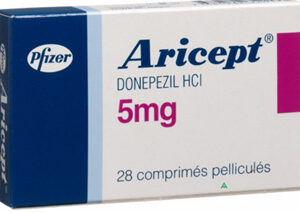
Reviews
There are no reviews yet.